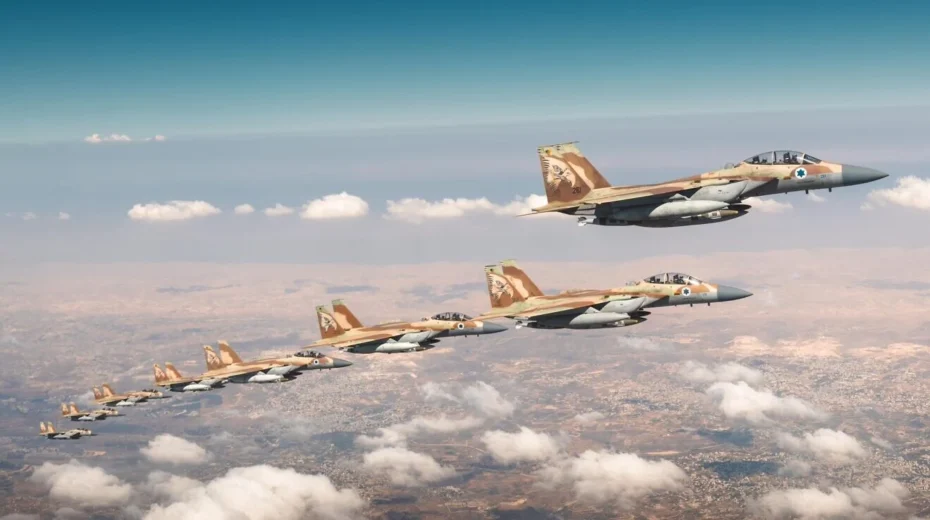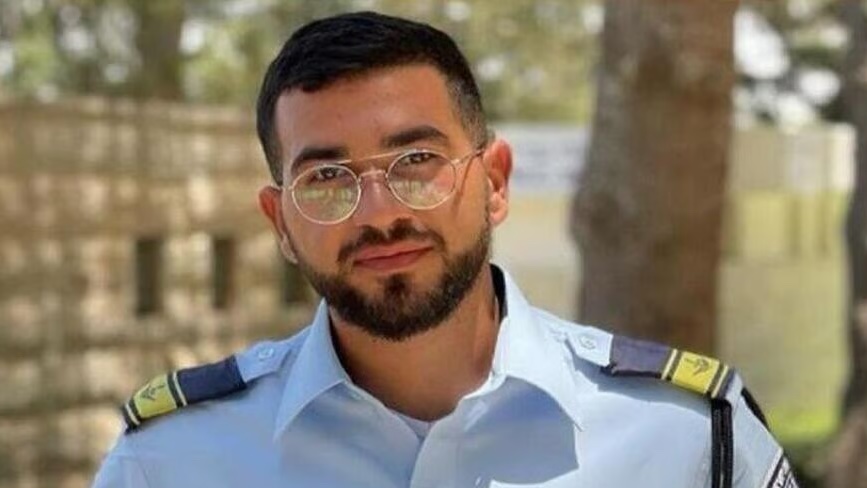“Operation Rising Lion may have ended in a decisive Israeli victory, but there will be more rounds with Tehran.” That was the warning Monday from Maj. Gen. (res.) Amir Baram, director-general of Israel’s Defense Ministry, who said Iran is racing to repair the damage inflicted on its nuclear and missile programs during June’s 12-day campaign.
Speaking at a Finance Ministry conference hosted by the accountant general, Baram said Israel’s strikes left Iran “badly humiliated,” but that the Islamic Republic has responded by “accelerating force build-up,” pouring resources into replenishing its arsenals and proxies. The takeaway, he argued, is that Jerusalem must harden both its deterrent and its industrial base—because the contest with Iran will be measured in months and years, not news cycles.
Baram used the forum to weld security and economics into a single message: the strength to deter Iran is inseparable from Israel’s fiscal resilience. He noted that global defense outlays surged to roughly $2.7 trillion in 2024—about a 20% jump year-on-year and the biggest increase since the late Cold War. Israel, meanwhile, has already absorbed war costs exceeding 205 billion shekels (about $61 billion), yet key indicators “convey strength,” he said, casting the defense sector as a growth engine rather than a drag.
To that end, Baram announced a new Supreme Armaments Council—a whole-of-government body that will pull in the Defense and Finance ministries, the National Security Council, Israeli defense industries and other agencies to accelerate procurement, remove bottlenecks, and align near-term readiness with long-term R&D. The council’s immediate focus: Iran and Yemen.
“We have to invest now in thinking about the next surprises,” Baram said, invoking Israel’s September 2024 penetration of Hezbollah communications networks—“the beeper” and walkie-talkie exploits—as a model for disruptive operations that change adversary behavior at low cost. But he also underscored the price tag of daily defense: a strike package in Yemen can run around ₪50 million ($15 million), while a single Arrow-3 interceptor costs ₪15–30 million ($4–9 million). One failed interception, he warned, can produce ₪300 million ($90 million) in damage—as seen after a ballistic missile hit on Bat Yam earlier in the summer.
Baram outlined a three-horizon plan for force design:
-
Immediate: equip and sustain units for current fighting and high-tempo air defense;
-
Mid-term (next decade): rebuild stocks, adapt to evolving threats from Iran and its partners, and field incremental upgrades;
-
Long-term (transformational): invest in “game-changing” capabilities—deep precision, layered active defense, electronic warfare, and novel effectors that can blunt mass salvos at lower cost.
The DG also linked the battlefield to the boardroom. With Israel facing a broader “delegitimization” campaign during the Gaza war, he said supply security must rely less on foreign goodwill and more on domestic production. Israel, he noted, has signed about $2.5 billion in defense export contracts recently, and a new joint financing vehicle with the accountant general aims to expand export credit and working capital—positioning Israeli systems to win share even as global demand soars. The goal, he said, is to ensure that strategic autonomy and economic resilience reinforce one another: more local manufacturing, shorter supply chains, and faster surge capacity when the next round comes.
Baram’s message lands at a moment when Iran is trying to reconstitute capabilities across multiple fronts—missile units in Yemen, proxy forces in Syria and Iraq, and production lines inside Iran itself. If June signaled Israel’s willingness to take away Tehran’s toys, Monday’s remarks were the budgetary sequel: plan for a longer game, build deeper magazines, and keep the technological edge sharp.
The bottom line was sober but unambiguous. “Rising Lion” reset the clock; it did not stop it. Iran is rebuilding. Israel is reorganizing to stay ahead—through an integrated armaments council, multi-year funding, and an innovation pipeline designed to keep interception costs down and effectiveness up. In Baram’s framing, this is what victory looks like between campaigns: turning wartime urgency into durable capacity before the next siren sounds.
Want more news from Israel?
Click Here to sign up for our FREE daily email updates














